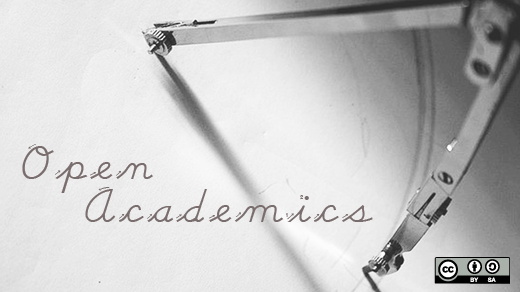The always-insightful Alex Reid has penned an essay "on the question of open peer review," which examines a draft white paper posted to Media Commons last week. The paper—Open Review: A Study of Contexts and Practices—struggles, Reid argues, to address a critical question: "What is the problem with existing scholarly review procedures that the open review process seeks to solve?"
It's a question that invites few straightforward answers. That's because, as Reid notes, responses to skepticism over calls for opening the academic peer review process typically assume one of two constraining rhetorical forms:
- They attempt to assuage fears over the revolutionary potential of greater transparency in the publishing process by asserting that opening peer review will have little detrimental effect on the academic publishing process, or
- They extol the virtues of open review without necessarily articulating its benefits
As Reid writes:
It's a tricky rhetorical position. If one says that moving to open review is not a big deal, then why do it? If, as this white paper argues, a well-designed open review process can give us results that are equivalent to existing review processes, then why go to all the trouble to get the same results? On the other hand, if open review gives us different results, then why are those results more desirable?
Reid's position is clear: the prospect of opening the peer review process represents an opportunity for radically rethinking the future—the nature, function, scope, and utility—of publishing in the humanities:
The value of open review will not lie in its ability to carry out the existing goals and practices of scholarly review but in its potential to serve as a lever in reinventing humanities scholarship as something more sustainable and, dare we imagine, even more interesting.
Elaborating just how that might be possible, Reid deftly avoids the rhetorically reductive positions he identifies earlier, offering a nuanced (and sobering) assessment of not only traditional peer review, but also the ways in which open review might prompt us to transform it.
Proponents of openness in academic publishing can peruse both the essay and the white paper it dissects. Its authors are still collecting feedback on the draft.







Comments are closed.